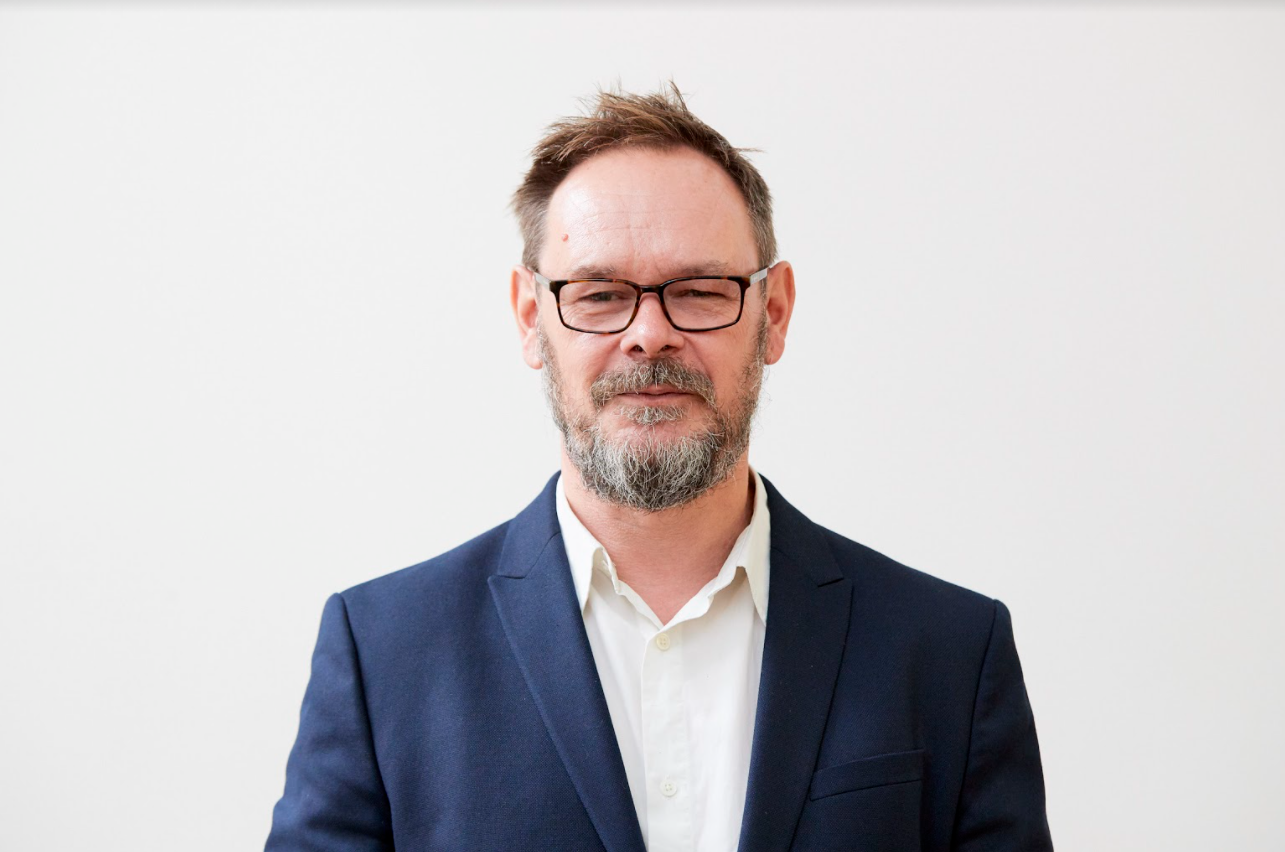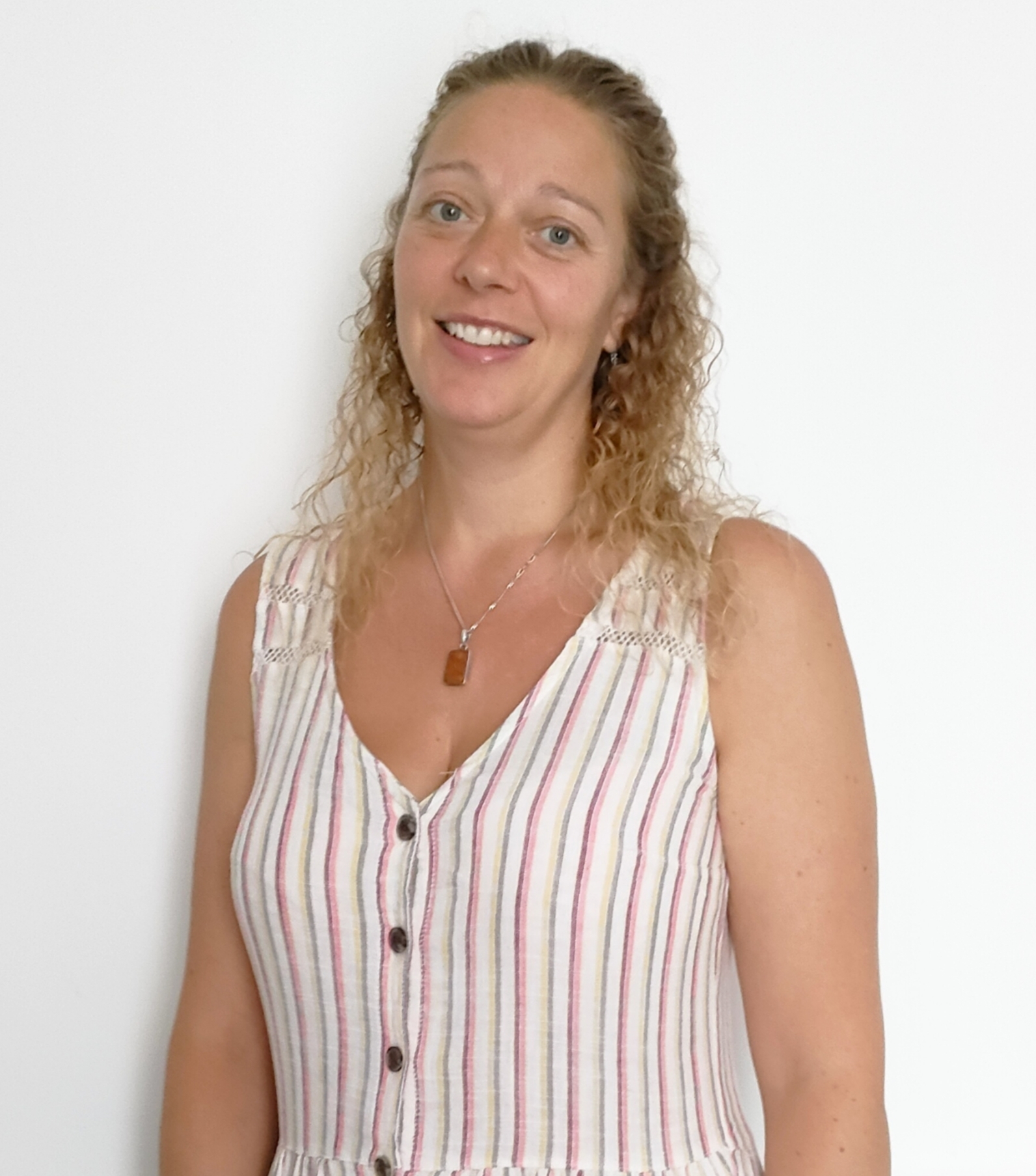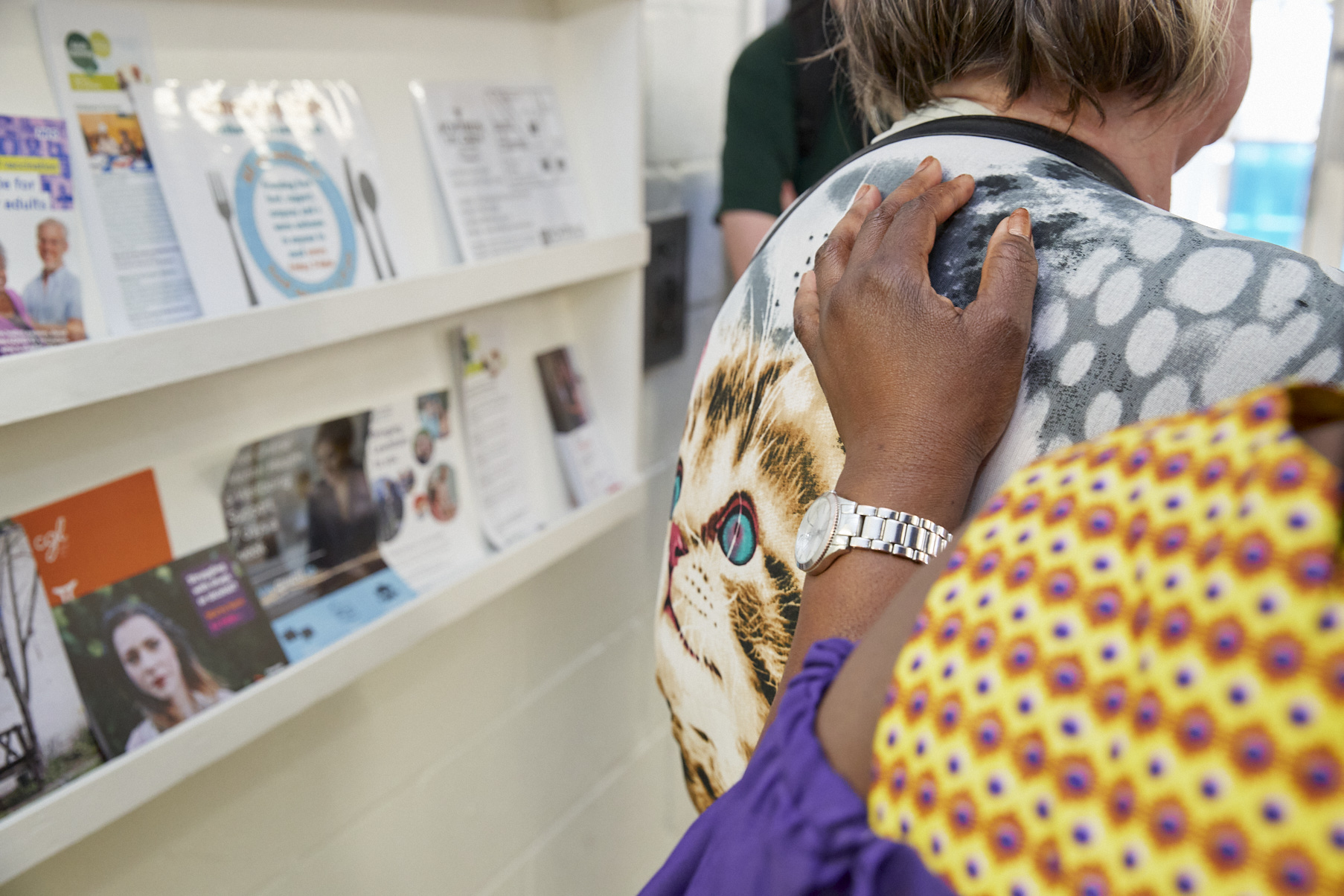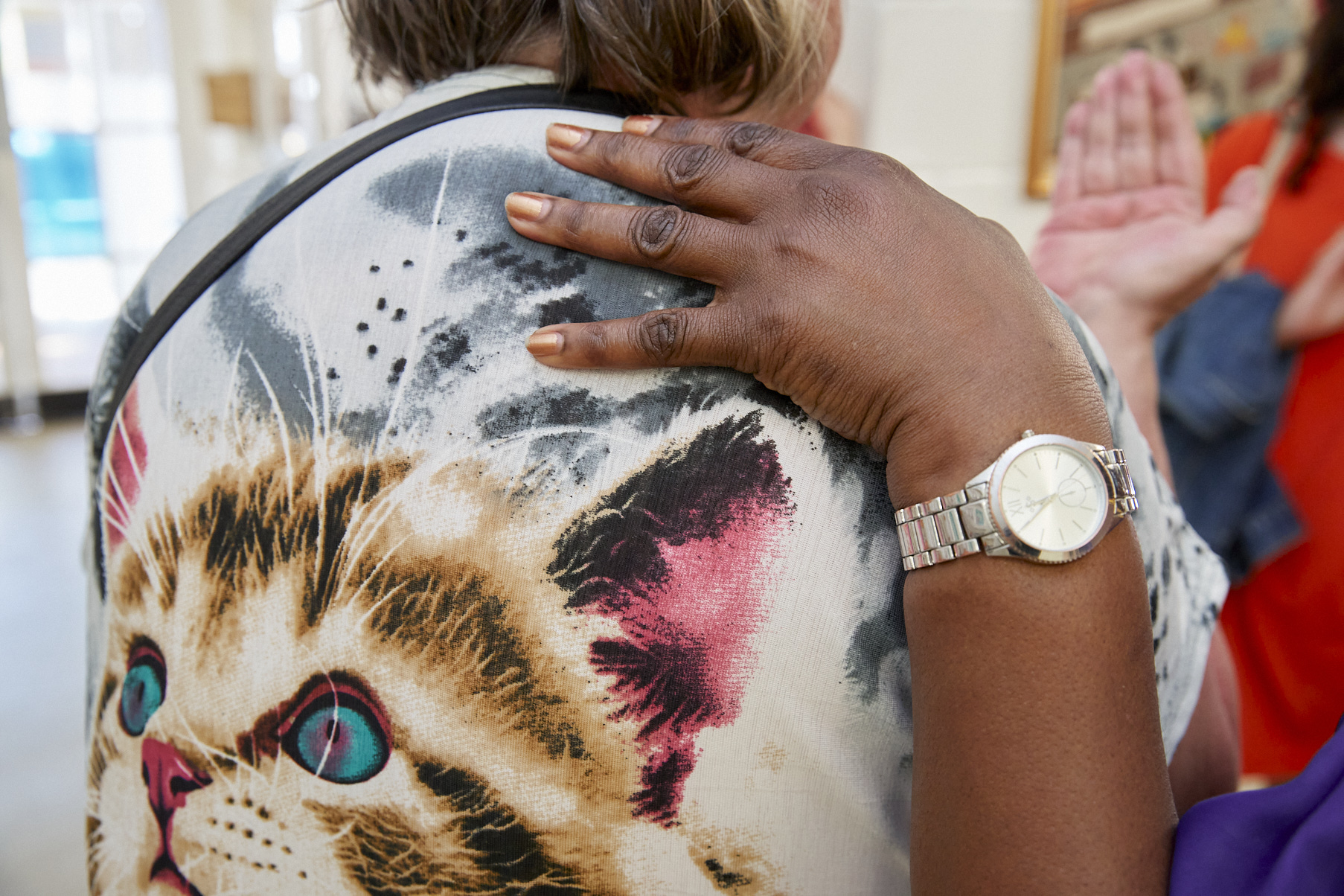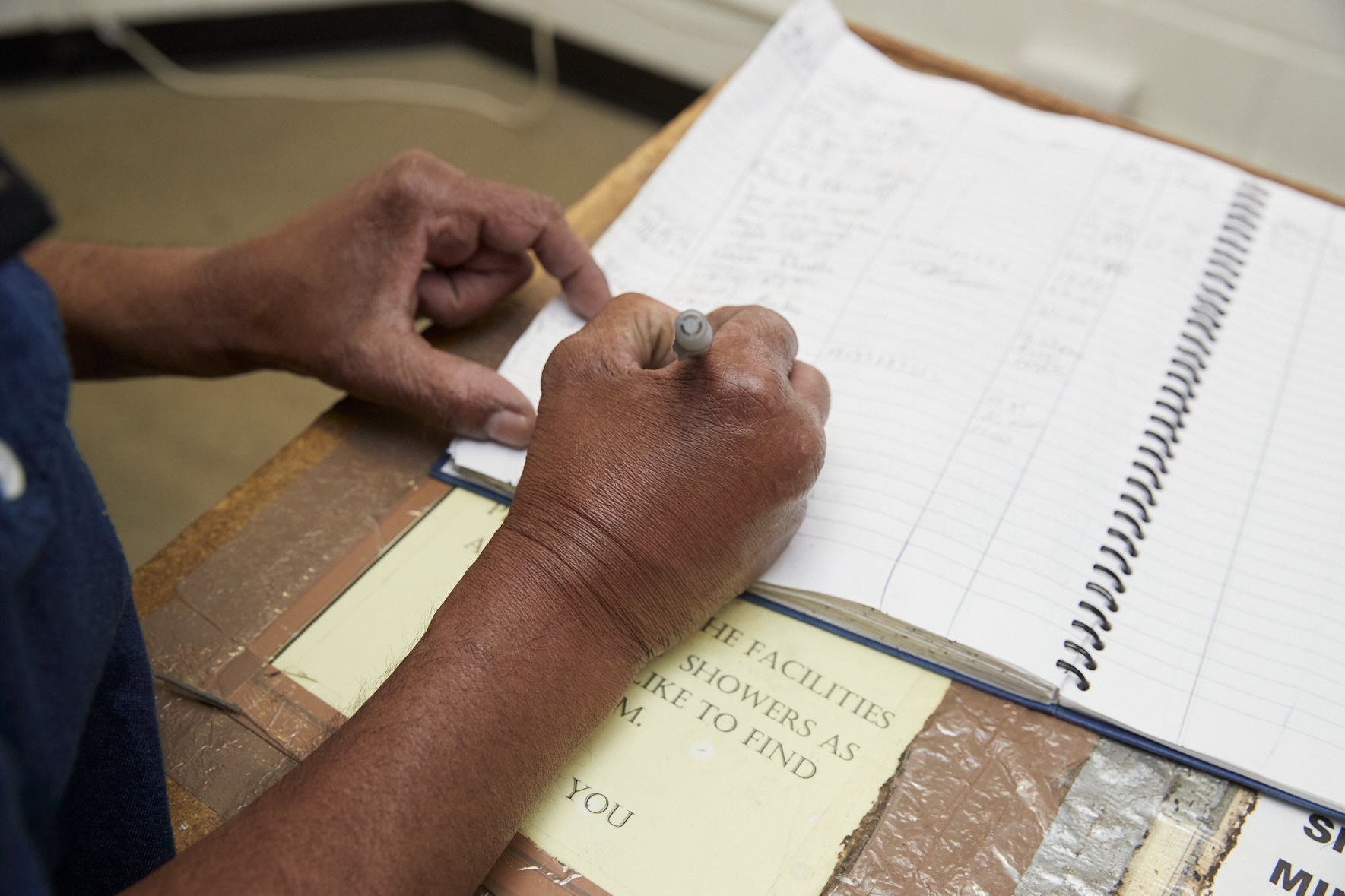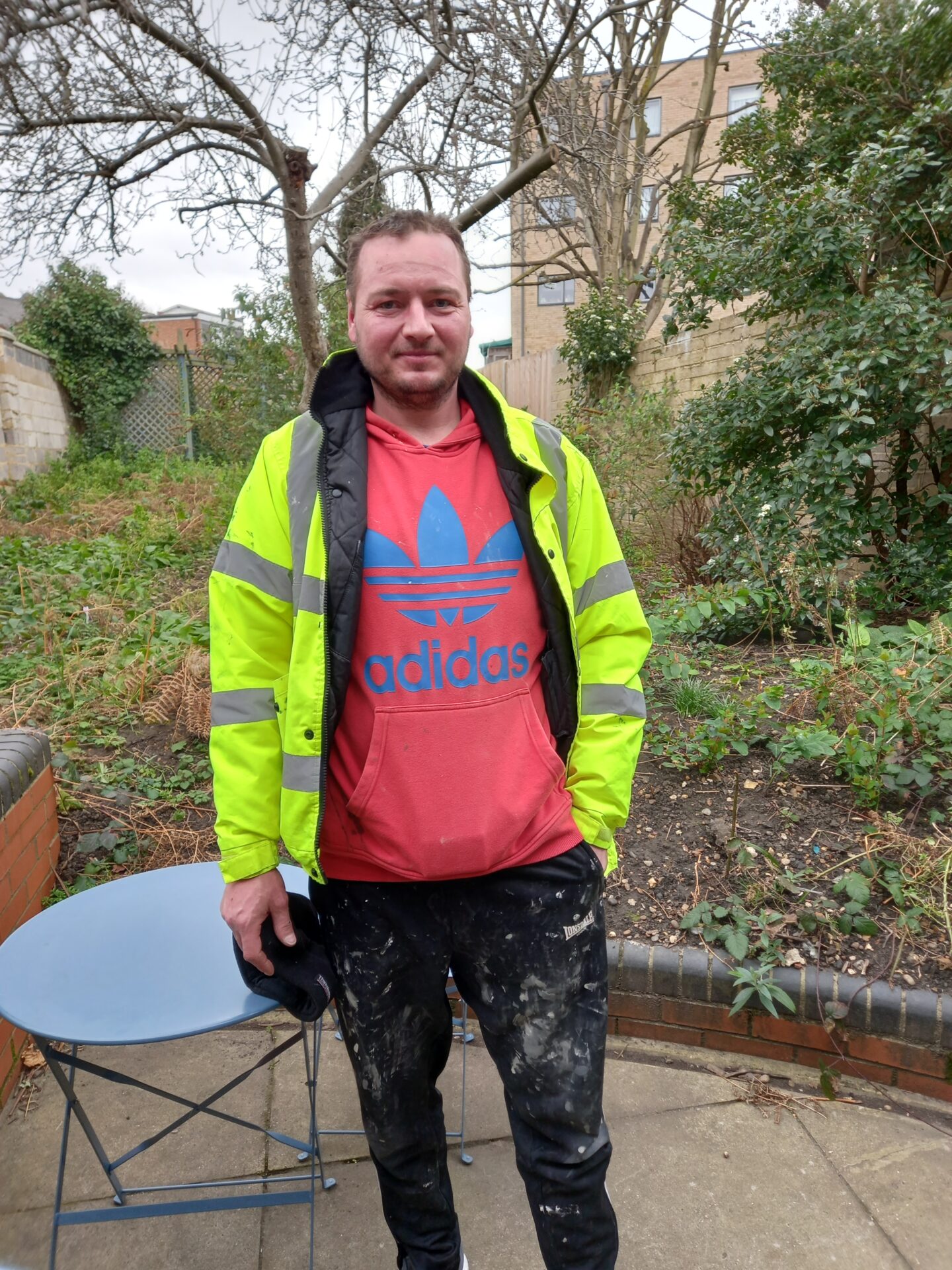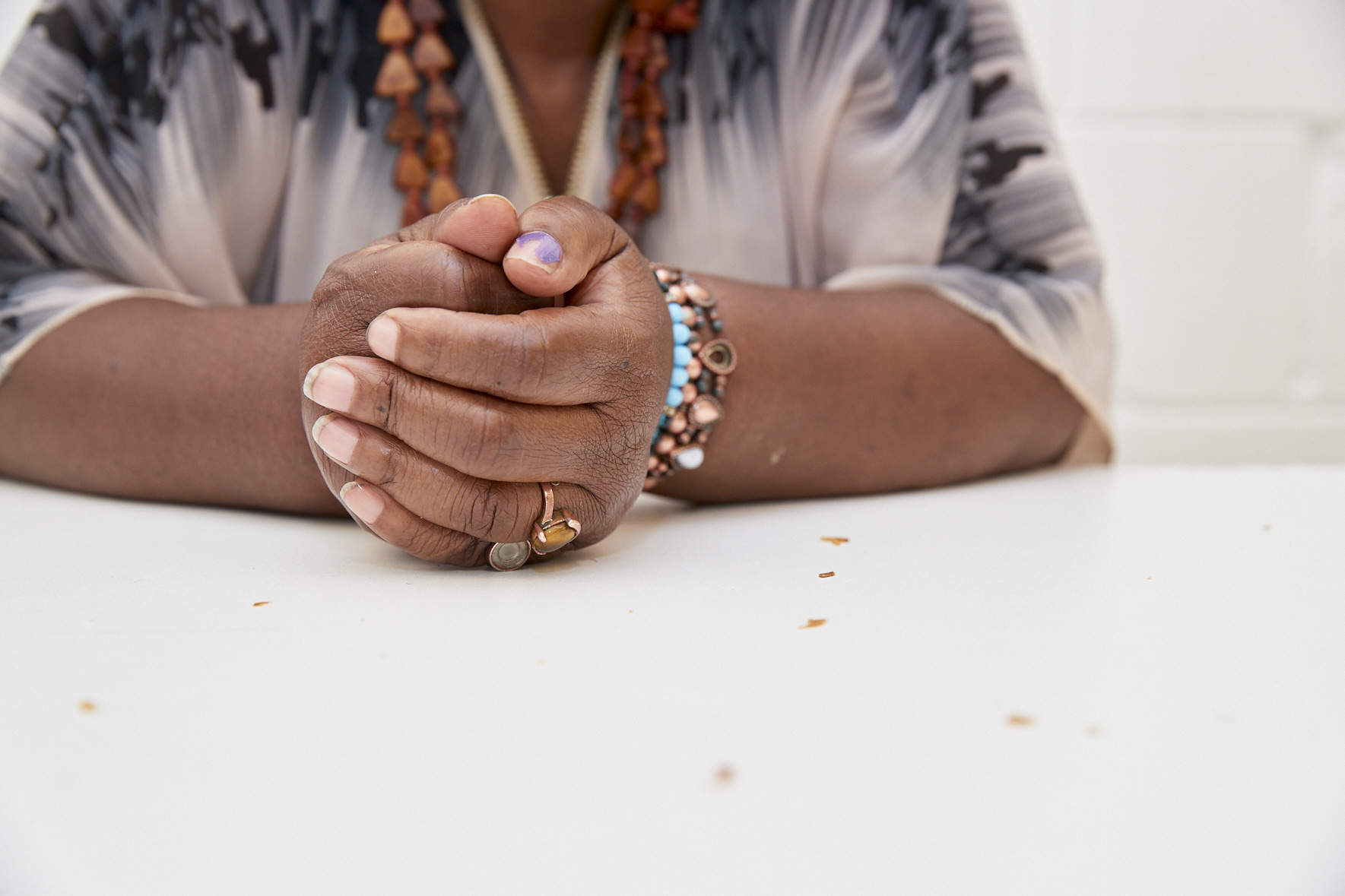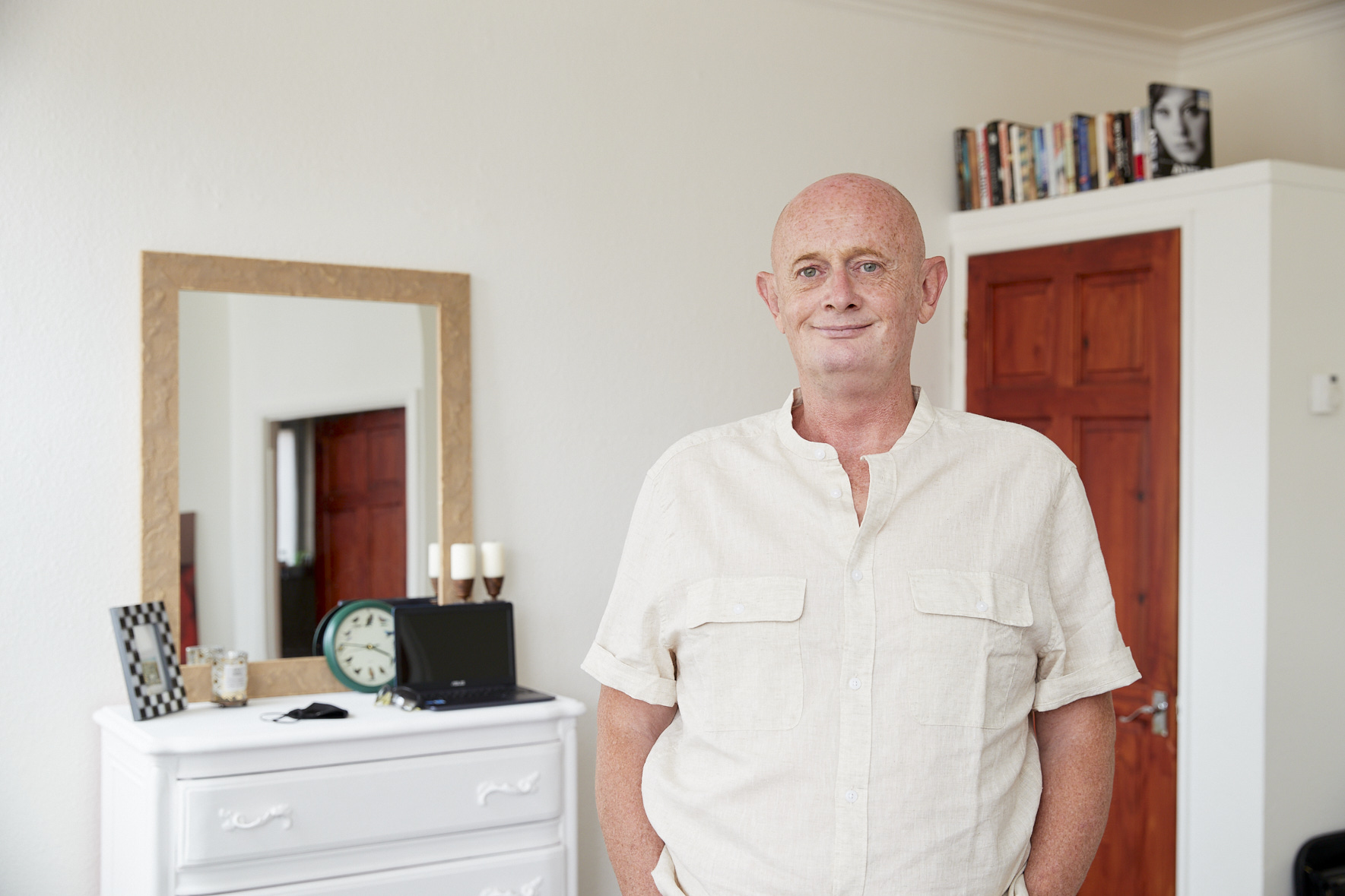Ealing Move-On Team compete in Tough Mudder
Thames Reach’s Move-On team based in Ealing competed in the Tough Mudder challenge to raise money for people affected by digital exclusion

Over the weekend, members of the Ealing Move-On team competed in the famous Tough Mudder, in order to raise funds for the people they work with facing digital exclusion. Diana, a senior practitioner in the team, discussed how the day went:
“The team got together at the start of the day, excited and nervous for the task ahead.
“We kept doing fundraising calls until the last minute! We have received great support form our colleagues at Thames Reach, friends, family, colleagues from partner organisations and the local authority.
“Once we reached the grounds, it got real, there was no way back, we all started feeling the energy and enthusiasm of the event; all our belongings were dropped off, including phones. Then it was only us, together as a team, warming up on the starting line.
“One by one, the barbed wire, the muddy slopes, the running on the mud, the jumping of fences, the frozen, icy waters and rope pyramids, the electric obstacles, united us together as a team. It tested phobias, fears and most importantly it showed us that we could conquer it all, working together, supporting each other through hard times. The experience reminded us that we were doing this for the people we work with, who face so many difficulties, inequalities, and loneliness.
“We finished all muddy, soaking wet and very proud for the conquering of 5K Tough Mudder.
“We were so tired afterwards, and struggled to find a ride to the nearest station, until a miracle happened and we managed to get a taxi. Instead of taking payment for carrying our muddy selves, he asked to donate the price of the fare to the fundraising page. This man warmed our hearts with an act of kindness and selflessness, which is needed in these testing times, and was a heartwarming and hopeful end to such an amazing day.”
Well done to the team for completing the muddy challenge: Jernel, Winston, Marie, Diana, Sylvia and Ishmael.
If you would like to donate, head to their JustGiving page.
If you have been inspired to fundraise for Thames Reach’s work ending street homelessness, please visit our fundraising page.

